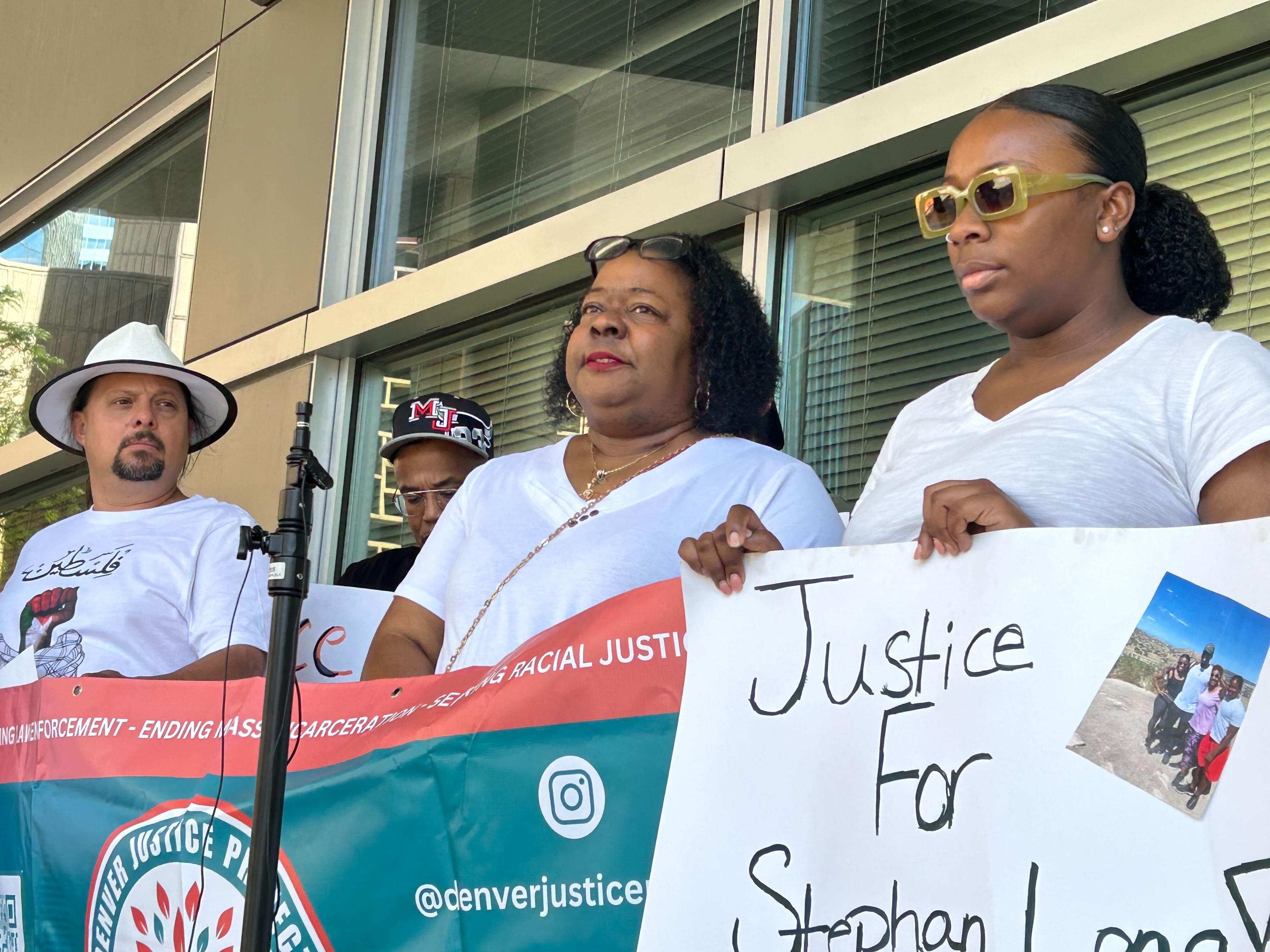
An effort to put a question on the November ballot asking voters to shore up funding for Colorado’s free school meals program is not moving forward at the statehouse.
Supporters of the Healthy School Meals for All program had their hopes pinned on the legislature to refer a measure to the ballot. But some Democrats said it’s too soon and not the right approach.
Rep. Shannon Bird sits on the legislature’s powerful joint budget committee. She’s sponsoring a bill to set up a task force to look at other funding resources.
“Because of the passage of the Healthy School Meals for All program, schools stopped collecting data on free and reduced lunch kids. So a lot of that data also in the past had been used to assist school districts to draw down federal funds to help pay for school lunches.”
Bird said she admires the passion of the program’s advocates but doesn’t think a ballot measure is a responsible approach at this time.
“We really shouldn't be asking taxpayers to pay more money when we don't know how much is appropriate to ask them for,” she said. “So this is the first year of implementation of the program. That's another variable. We don't really know what the long-term uptake is going to be.”
Bird said she wants to let the task force identify ways to reduce the costs of the program, review cost-saving options, and make sure the state is getting as much reimbursement from the federal government as possible.
“Not acting now will really have far-reaching impacts on students, schools, farmers, workers and the state budget,” said Erika Cervantes, director of organizing and community partnerships at Hunger Free Colorado.
Under Proposition FF, the funding mechanism for the program was a change in the income tax of people who make more than $300,000 a year. It limited the number of deductions they could take. One proposed new ballot measure would have lowered that threshold to incomes of $250,000. That proposal won’t be going forward.
“If we kick the can down the road into next session, legislators are going to be finding themselves in another shortfall crisis, but also trying to address ‘how do we go about funding the program in its entirety?’” Cervantes said.
Didn’t voters already pass Healthy School Meals for All?
Voters passed Proposition FF in 2020. But many more school children than expected began eating free meals. Due to budget shortfalls in funding the program, hunger advocates said a new ballot measure would raise $92 million more to fund all parts of what voters originally agreed to in Proposition FF.
There were two key elements to FF aside from free meals for all children that so far won’t be able to go into effect without more funds. Both were to start in the next school year. One would have given grants to schools to purchase produce from local farmers. The other would have raised cafeteria workers' wages.
By early this year, state lawmakers faced a $24 million shortfall for this budget year and up to $50 million for next year. The legislature scrambled to find funds to pay for the meals this year and next. But they also voted to delay the farm food and wage hike a year and voted to make the wage hike subject to “available resources.”
The decision caused some farmers to lose markets for crops they planted.
Advocates said voters wanted all elements of the proposition.
“We know that parents are excited to see fresher, higher-quality options and we know that farmers are excited to provide those,” said Cervantes.
The additional funds would pay for the wage hikes for cafeteria workers, resources for local purchasing and investments in scratch cooking so that schools can hire and retain the staff they need to serve more students and make meals as healthy and nutritious as possible, while also supporting farmers and ranchers across Colorado.
Nutrition staff in some metro districts earn well below a living wage. Some staff who were serving 200 are now serving 400 students in some places.
“We're asking nutrition staff to go from heating up a frozen pizza to cooking a spaghetti sauce from scratch with fresh ingredients. We want to make sure that they're adequately compensated for their labor…. We need to be able to fortify our school districts with resources to not just hire but retain their staff.”
Hunger advocates stress that a ballot measure is also crucial for the long-term stability of main part of Proposition FF – free meals for all Colorado school children
Advocates said the popularity of the program proves it’s successful. They said it’s eliminated the stigma in the lunch line because everyone eats for free and it’s saving families money at a time of high inflation.
Community groups don’t want school children losing access to nutritious meals at school, families feeling more pressure on the household budgets, or districts facing a return to trying to collect school meal debts from cash-strapped families.
Advocates said the task force will find some savings but not the millions of dollars needed to keep healthy meals free for all children.
“Without additional revenue the program will put tens of millions of dollars of pressure on the general fund or the state education fund in future years … or face harmful program cuts,” said Cervantes.









